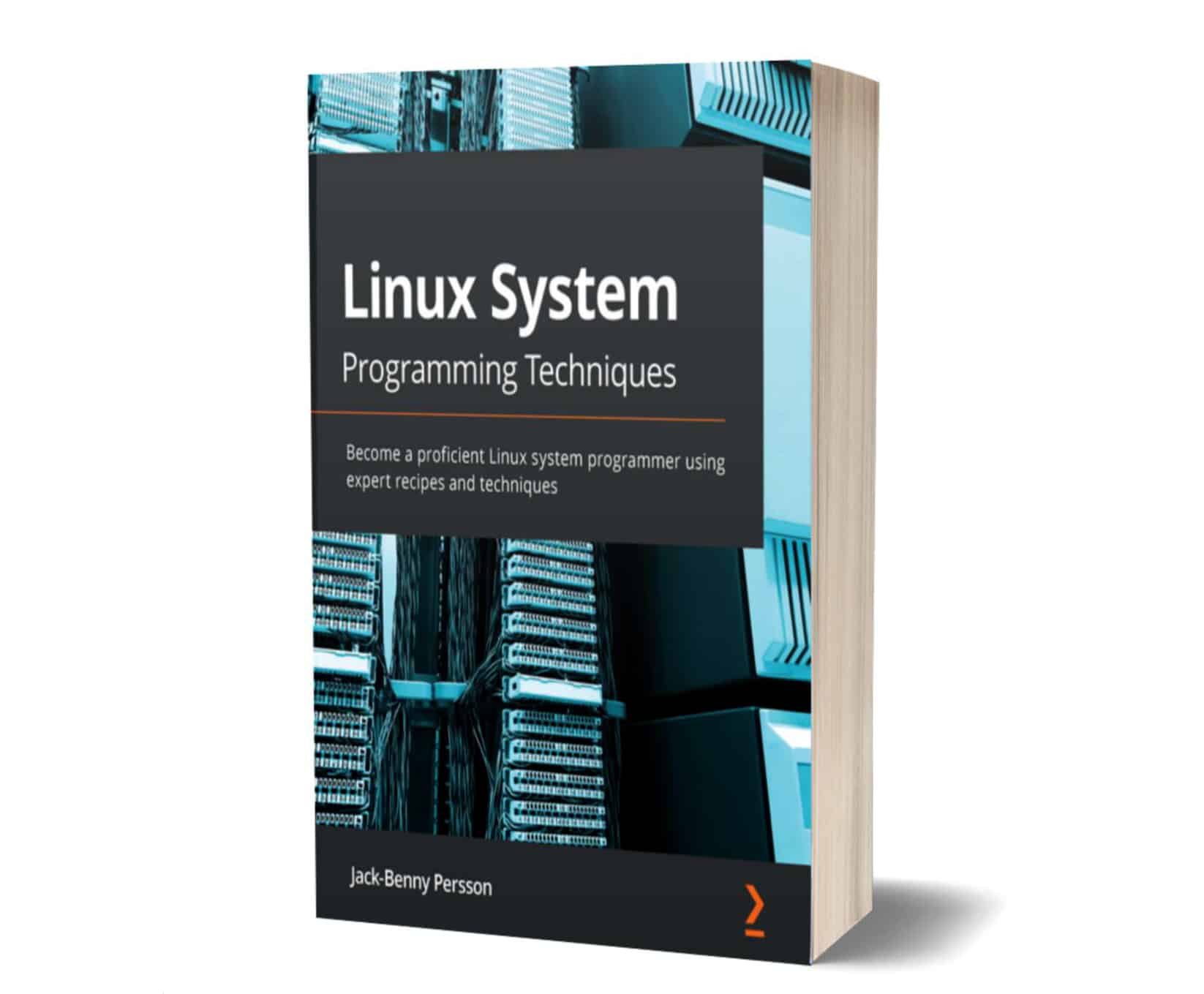
Get 'Linux System Programming Techniques' ($27.99 value) FREE for a limited time
Linux is the world's most popular open source operating system. Linux System Programming Techniques will enable you to extend the Linux OS with your own system programs and communicate with other programs on the system.
The book begins by exploring the Linux filesystem, its basic commands, built-in manual pages, the GNU compiler collection (GCC), and Linux system calls. You'll then discover how to handle errors in your programs and will learn to catch errors and print relevant information about them.

Apple is giving Siri a new less gendered option recorded by an LGBTQ voice actor
In iOS 15.4, Apple is introducing a new voice option for Siri. The latest addition is a voice that is described as being "less gendered" and is being introduced to increase diversity.
This is not the first time Apple has used its digital assistant to promote inclusivity, having previously introduced black-voiced Siri options. The company says it is giving users the ability "to choose a voice that speaks to them".
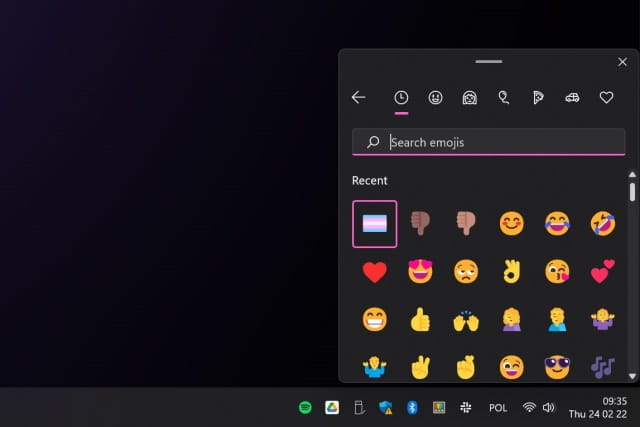
Microsoft is bringing new Emoji Panel, Voice Typing and other shortcuts to Windows 11
The Insider builds of Windows 11 are something of an experimental playground for Microsoft, giving the company a chance to trial new features and options with beta testers before a wider rollout. In the recent Dev Channel build there are signs of new shortcuts coming to the operating system.
Users who installed Windows 11 build 22557 noticed that the language switching panel accessible from the taskbar is now home to buttons to access a range of input options. This includes the Emoji Panel, the Clipboard Panel and more.

Microsoft is right to brand Windows 11 hackers with a scarlet watermark
When Microsoft released Windows 11, there was pretty much universal acclaim for the operating system. Even yours truly (primarily a Linux user) found the new version to be quite good. Despite all the positivity, however, many consumers were dismayed to learn their computers were not compatible with Windows 11. Microsoft had programmed the installer to check for certain hardware, including TPM chips, and stop the installation if requirements were not met.
Of course, some skeptics claimed that these strict system requirements were merely a scheme to increase PC sales. You know what? Maybe sales did factor into Microsoft's motivations. So what? The thing is, Microsoft controls Windows 11, and the company can rightfully make the system requirements to be whatever it wants (and for any reason). Sorry, folks, but that is a fact. Don't like it? Switch to Linux.

Ransomware is not enough -- 83 percent of attacks now feature other extortion tactics
Ransomware itself is bad enough, but 83 percent of successful ransomware attacks now include alternative extortion methods according to a survey by machine identity company Venafi.
Popular techniques include using the stolen data to extort customers (38 percent), exposing data on the dark web (35 percent), and informing customers that their data has been stolen (32 percent).

New AI platform helps financial enterprises handle unstructured data
Unstructured data might include everything from documents to social media posts, all enterprises have it but being able to make use of it is a challenge.
AI startup nRoad is launching its new Convus platform, aimed at financial services businesses enabling them to extract critical business information buried in unstructured documents.

New Hitachi solutions aim to streamline business cloud management
Cloud strategy can make or break an organization's ability to provide timely access to data in order to deliver actionable insights.
Digital infrastructure, data management and analytics company Hitachi Vantara is launching a range of new hybrid cloud products and services that aim to deliver agility, scalability, and flexibility for both private and hybrid clouds.
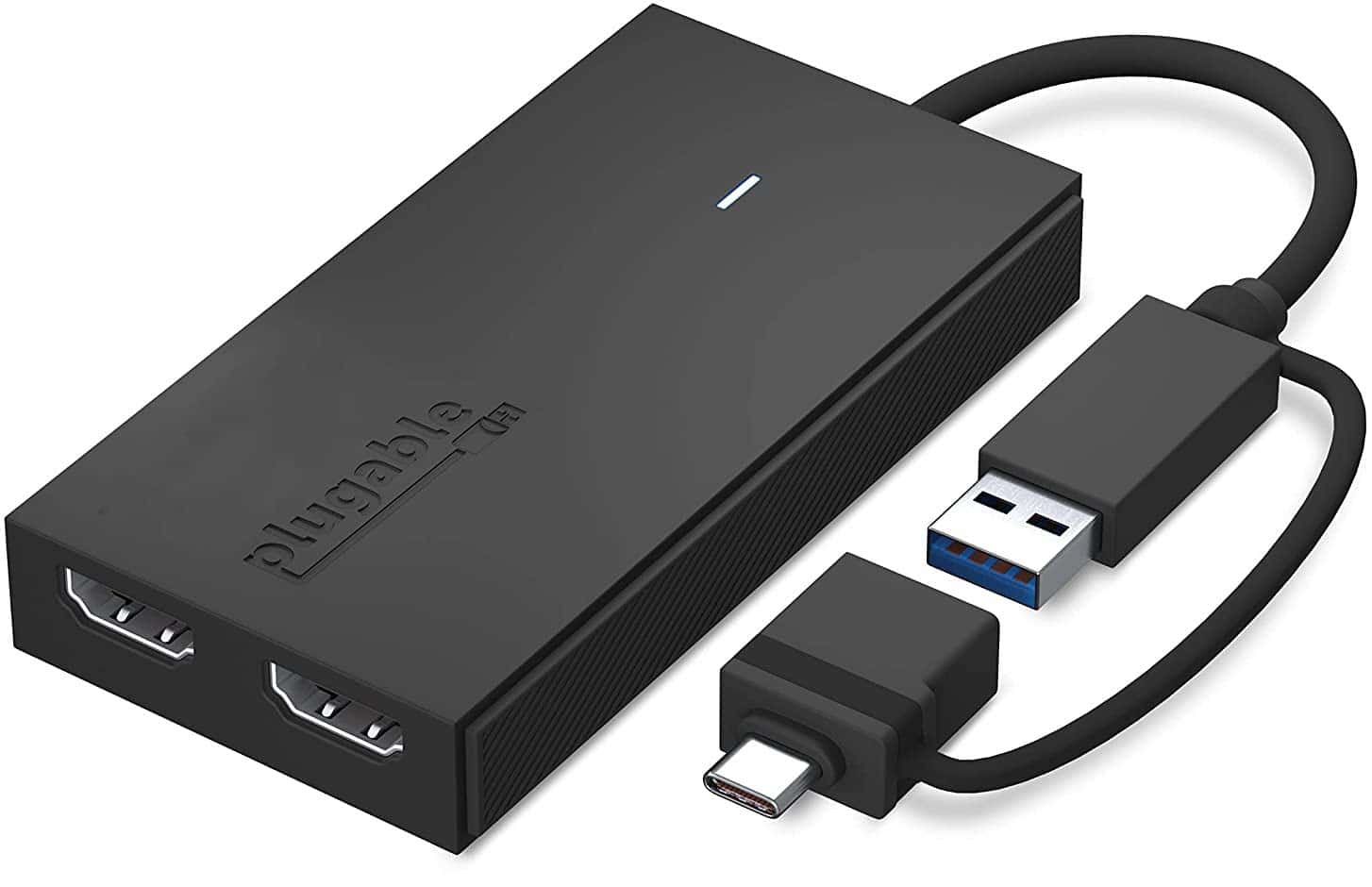
Plugable launches new USB video adapters
If you purchased a new laptop in recent years, there's a very good chance the computer doesn't have any proper video outputs. Back in the day, it wasn't uncommon for a notebook to have a VGA or HDMI port. Now? You are expected to utilize adapters, docks, and dongles for your video-out needs.
Thankfully, there are no shortage of USB to video products. Some of them use USB-A, some USB-C, while others offer both. For instance, today, Plugable launches a trio of new USB video adapters that are capable of 1080p60. While all three have affixed USB-A cables, they also include USB-A to USB-C converters attached to the cable. In other words, they should work with almost any laptop.
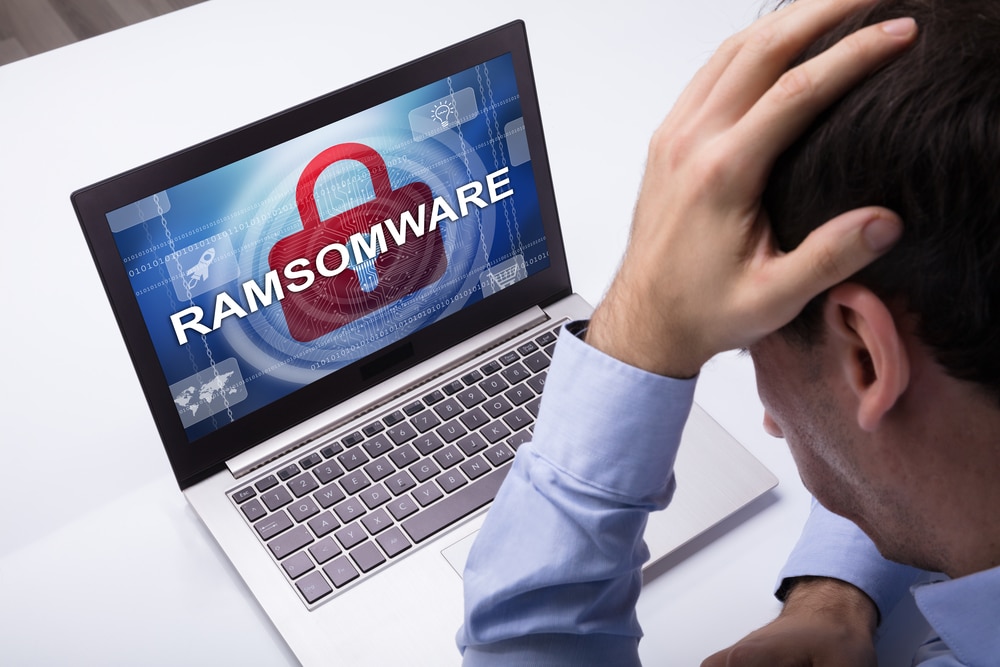
Ransomware impacts 80 percent of enterprises
A new survey reveals that 80 percent of companies have experienced a ransomware attack, despite spending an average of $6 million annually on ransomware mitigation.
The study, from cyber advisory and solutions firm CBI, based on research by the Ponemon Institute and co-sponsored by Check Point, finds Companies are spending $170,000 per ransomware incident on staffing alone, with an average of 14 staff members each spending 190 hours on containment and remediation activities.

Want fast internet? Move to Liechtenstein
The tiny 62 square mile principality of Liechtenstein has the world's fastest average broadband speed at 75.7 Mb/s. If you want cheap mobile web though you're better off in Israel, with an average cost of $0.3 for 1Gb of data.
These are some of the findings from the annual Internet Accessibility Index produced by comparison site broadbandchoices.co.uk which looks at fixed-line broadband speeds, the price and affordability of home internet packages, and the cost of mobile internet data to rank the world's most connected countries.

Upgrade your e-commerce strategy with web scraping
Is your e-commerce enterprise leveraging the power of external data to enhance decision-making, maximize profits, and expand your business? If not, you may be getting left behind.
By providing you with powerful data-powered insights, web scraping can give your business a significant advantage to help you outperform the competition, produce better products, and provide superior customer service.
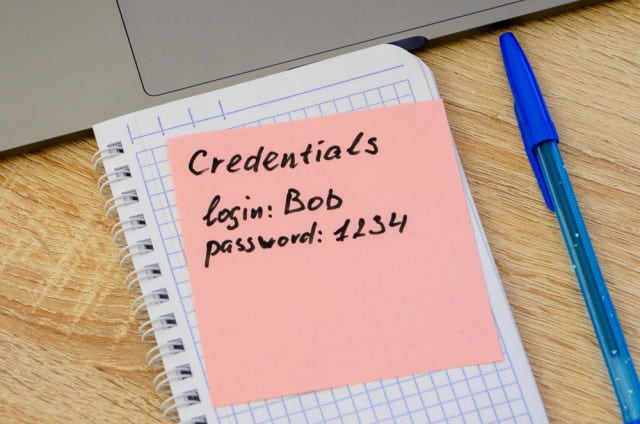
Data leaks from exposed credentials rise 50 percent
The number of major data leak incidents as a result of exposed credentials rose by 50 percent in 2021 according to a new report.
The 2021 industry report from CybelAngel finds data leaks are the most common digital risk faced by enterprise customers, with leaks overall showing a 63 percent year-on-year growth.
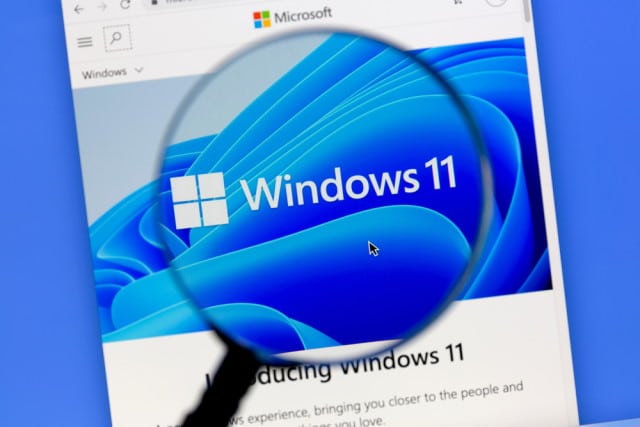
How to hide the 'System requirements not met' warning in Windows 11
Whether it stems from wanting to ensure that people have the best experience by using appropriate hardware or not, Microsoft has caused annoyance among Windows 11 users with warning messages about system requirements. If you have installed Windows 11 on a computer that does not technically meet the minimum requirements, you may well have seen these alerts advising you that your system is not up to scratch.
Whether you are irritated by the "System requirements not met" message on the desktop, or the one that appears in the System section of Settings, you will be pleased to hear that you can hide them. There is no need to track down a watermark remover, as all you need to do is apply a registry tweak.

Tweak UIX brings back the main tool missing from Microsoft's PowerToys and gives you complete control over Windows 11
PowerToys was an essential tweaking tool for Windows 95 onwards. Microsoft brought it back as an open source release for Windows 10 three years ago, and has been bolting on additional tools ever since. If you use Windows 10 or Windows 11, then it’s definitely worth a download.
If you used the original PowerToys, then the chances are you used Tweak UI. In fact, that might have been the only tool of the suite you did use as it let you modify many of Windows’ lesser known settings without the need to hack the registry. Although today’s version of PowerToys is great, it doesn’t include a modern take on Tweak UI. In fact that tool hasn’t been seen since Windows XP.

Emotet bounces back at the end of last year following earlier take down
One of the more significant good news security stories of last year was the culmination of an international effort in January to take down the Emotet botnet.
Sadly it seems that you can't keep a bad botnet down for long. The latest Q4 and Year in Review Threat Report from Nuspire shows Emotet bouncing back, with steadily increasing levels of activity throughout December.


